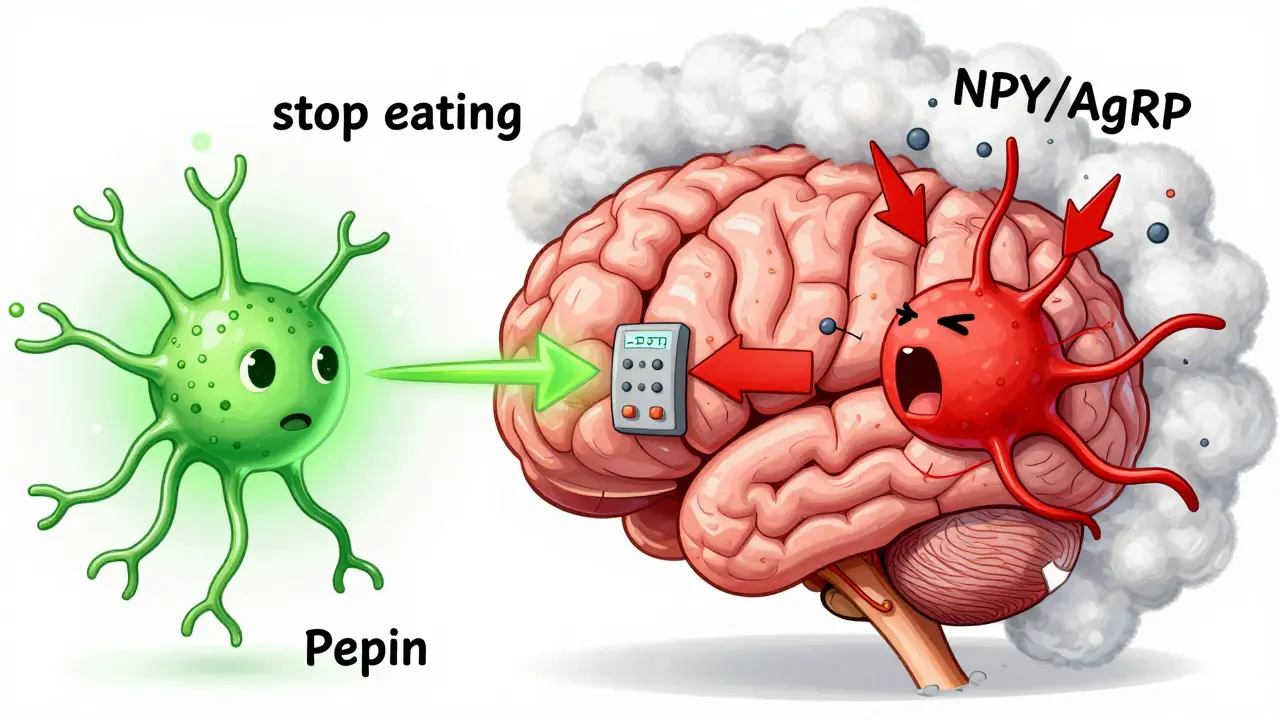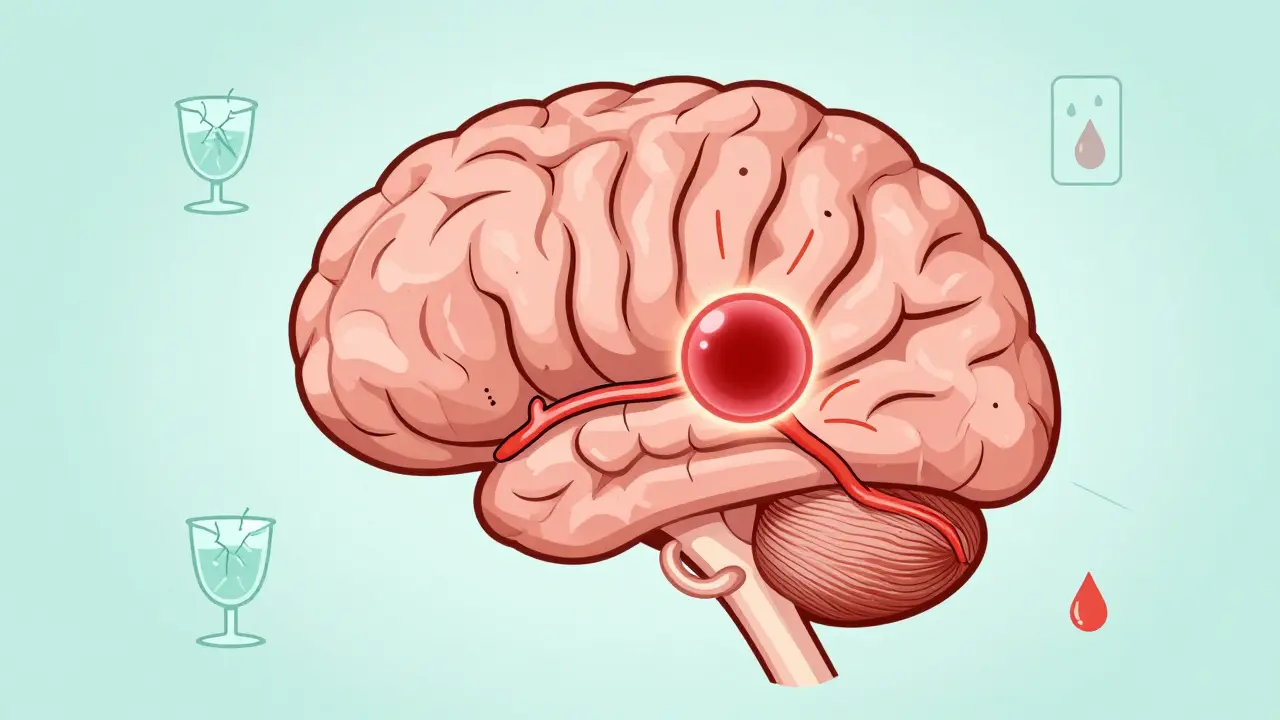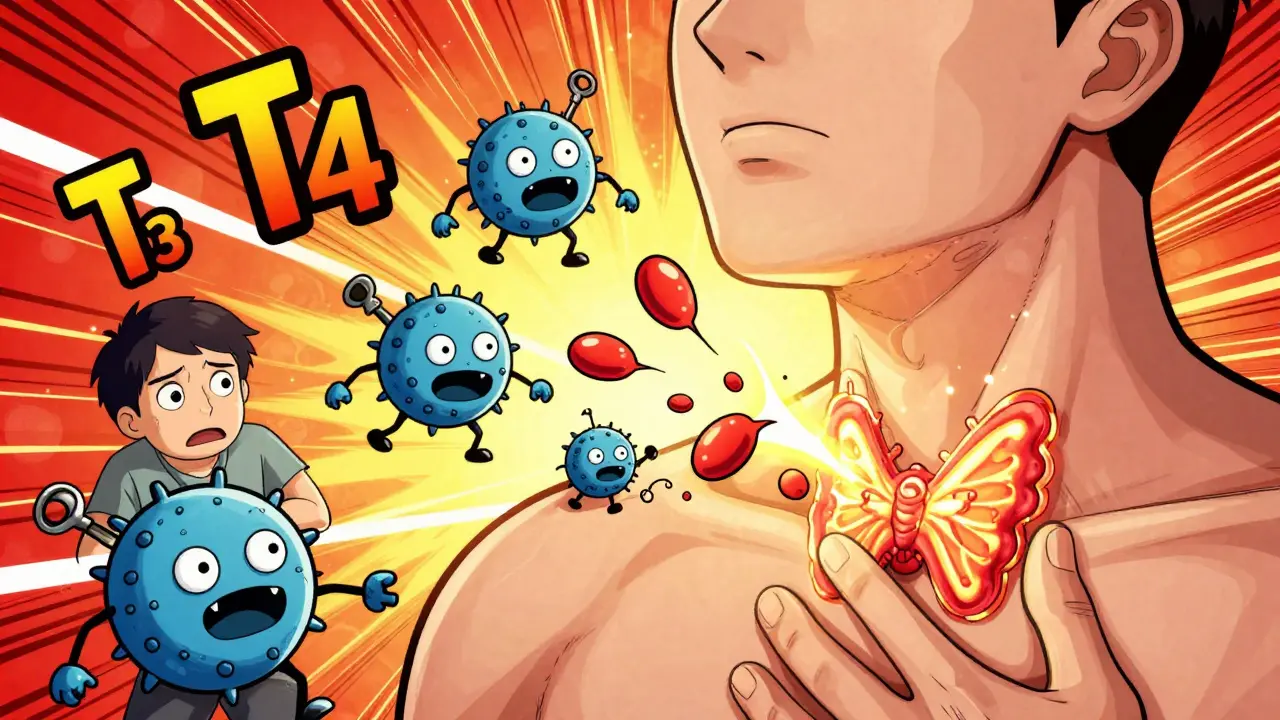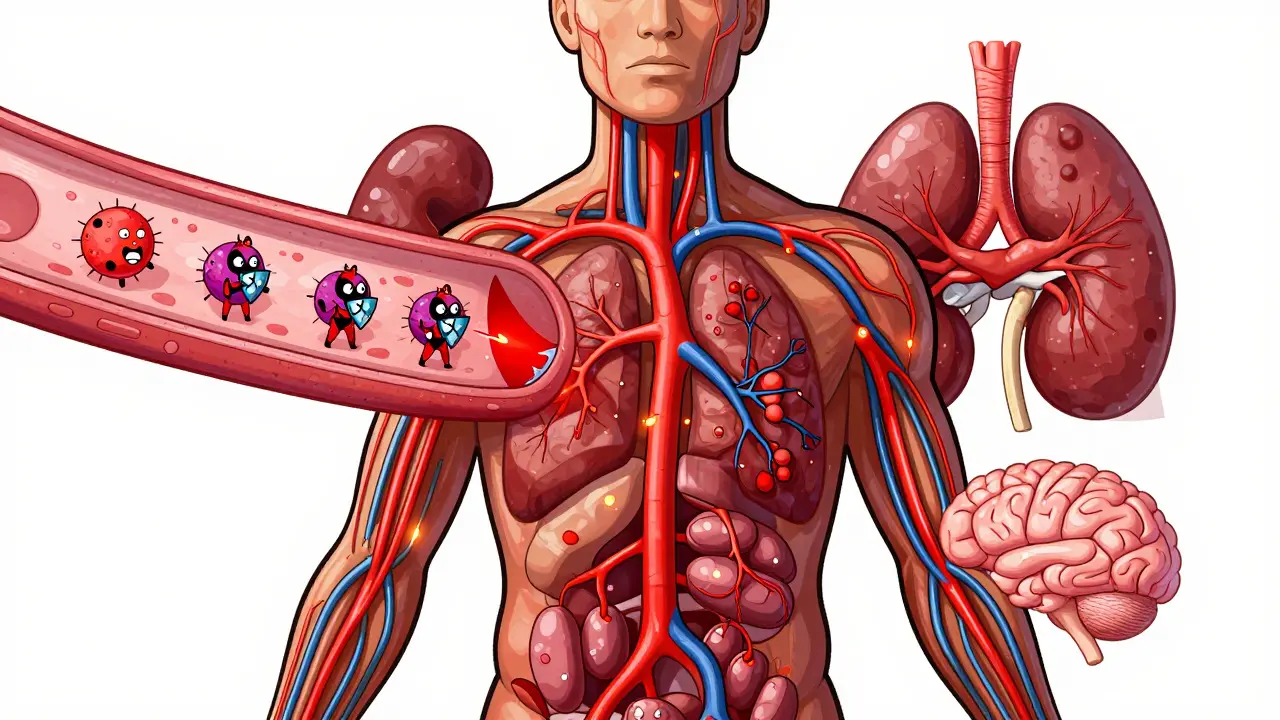Health and Medicine Guides You Can Trust
Looking for straight‑forward info about a drug or a condition? You’re in the right spot. Our Health and Medicine section breaks down complex topics into bite‑size pieces you can actually use. Whether you’re checking a muscle relaxant, an inhaler, or the latest diabetes pill, we keep the jargon out and the facts front and center.
What’s Inside? Real‑World Drug Guides
Every article starts with the basics – what the medicine does, when doctors prescribe it, and how it works in your body. Take Baclofen, for example: we explain why it calms muscle spasms, typical dosages, and red flags you shouldn’t ignore. Need to compare inhalers? Our Symbicort vs Trelegy guide lines up ingredients, device steps, and insurance tricks so you can pick the right one without a pharmacy visit.
Beyond Pills – Conditions & Care Tips
The page also covers disease‑specific challenges. We dive into genotype 3 Hepatitis C, outlining why treatment is tougher and what options exist today. For chronic illnesses like Parkinson’s, we highlight how Rasagiline can help non‑motor symptoms such as mood swings and fatigue. If you’re managing multiple sclerosis on Teriflunomide, our vaccination checklist tells you which shots are safe.
All the guides follow the same pattern: quick summary, key side effects, dosing tips, and a short FAQ that answers the most common questions. No fluff, just the info you need before you talk to your doctor or pharmacist.
We keep each piece up‑to‑date with the latest research and regulatory changes, so you’re not reading outdated advice. Our writers pull from real studies, patient stories, and expert interviews to give you a balanced view that’s easy to digest.
Got a specific medication in mind? Use the search bar at the top of the page or scroll through our list of articles. Each title links directly to its full guide, so you can jump straight to the section that matters most – be it side‑effects, dosage, or insurance coverage.
At BuyEmp, we believe health info should be clear, practical, and accessible to everyone. Bookmark this page, come back whenever you need a refresher, and share with friends who might benefit from a quick, reliable rundown on their meds or conditions.
Obesity isn't caused by poor willpower-it's a biological disease of broken hunger signals and metabolic dysfunction. Learn how leptin resistance, brain circuits, and hormones like ghrelin and insulin drive weight gain-and why new drugs are changing the game.
Heart disease risk factors like age, family history, and smoking are well-documented - but many don’t realize how preventable most cases are. Learn what actually increases your risk and how to act before it’s too late.
Anaphylaxis from medications is a fast, deadly reaction that’s often missed. Learn the signs, which drugs cause it, why epinephrine is critical, and how to act before it’s too late.
GERD and acid reflux can be managed with lifestyle changes and smart use of PPIs. Learn how weight loss, diet, and timing meals reduce symptoms-and why long-term PPI use may do more harm than good.
Learn the real rupture risks of cerebral aneurysms and the latest treatment options - from surgical clipping to flow diversion - based on current medical evidence and expert guidelines.
Galactorrhea is often a sign of high prolactin levels, which can cause infertility and missed periods. Learn how it's diagnosed, why dopamine agonists like cabergoline are the top treatment, and how most cases are fully reversible with simple medication.
Meibomian gland dysfunction (MGD) causes most cases of dry eye. Learn how daily home care, in-office treatments like LipiFlow and IPL, and targeted medications can restore eyelid oil flow and prevent permanent damage.
Graves’ disease is an autoimmune disorder causing hyperthyroidism, often treated with PTU, especially in early pregnancy. Learn how it works, its risks, alternatives, and what to expect during treatment.
Vasculitis is a rare autoimmune condition where the immune system attacks blood vessels, causing inflammation and potential organ damage. Learn about types, symptoms, diagnosis, and modern treatments that can prevent serious complications.
Constipation affects millions, but most treatments only mask the problem. Learn the real causes, why laxatives often fail, and how to manage it long-term with diet, hydration, and behavior changes.











